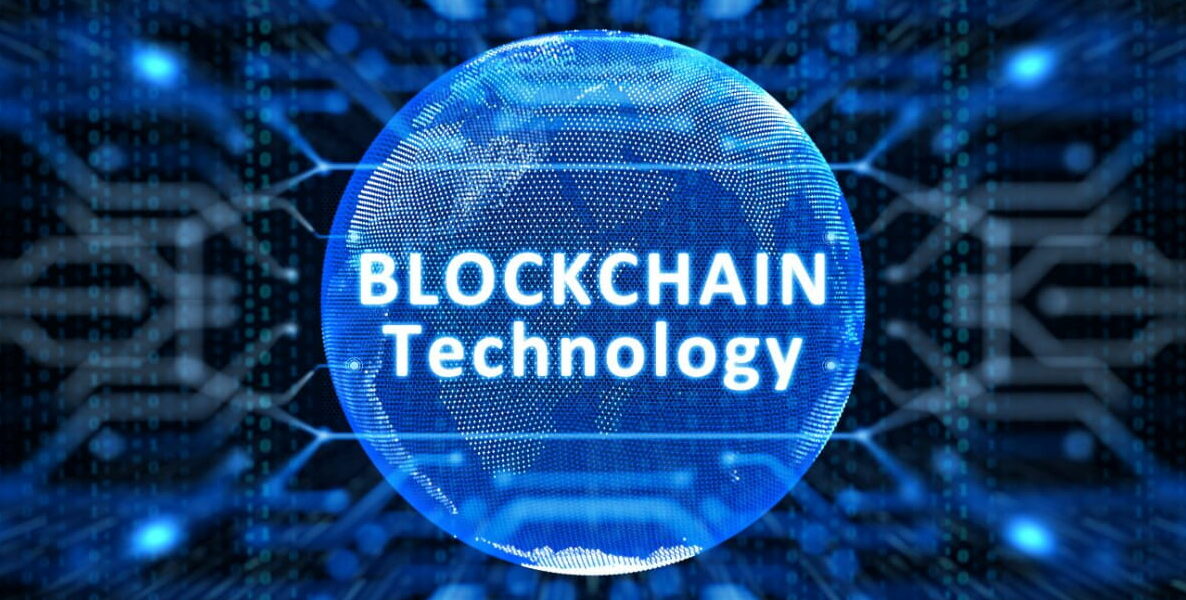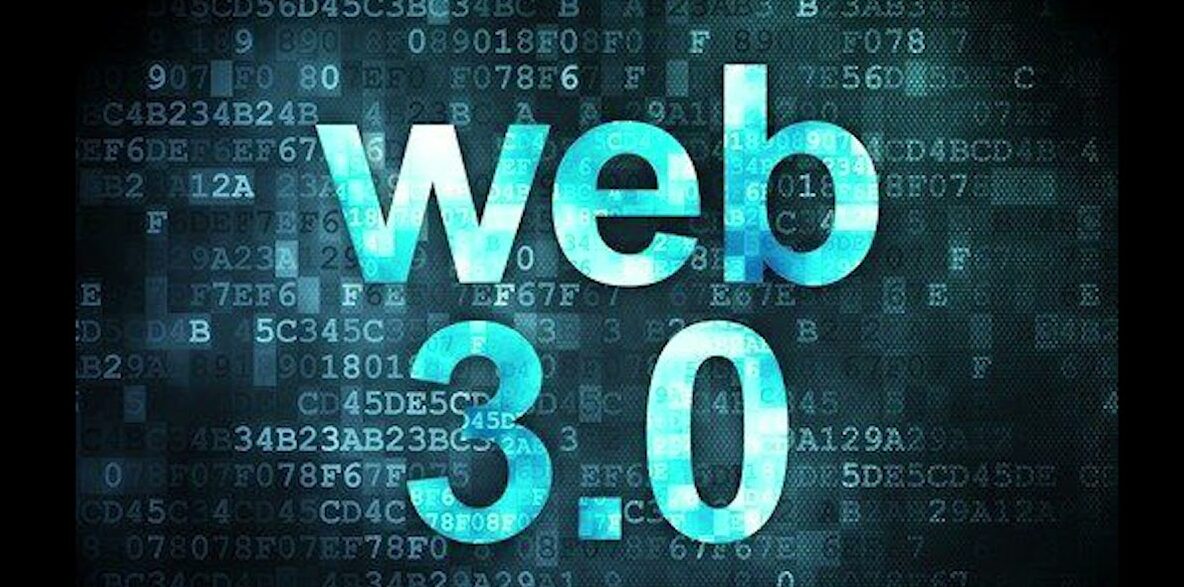Blockchain technology is still transforming finance, healthcare, logistics, gaming, and perhaps government beyond cryptocurrencies as we head into 2025. Highly qualified blockchain development companies are desperately needed for distributed apps (dApps).
Smart contracts and enterprise-level blockchain connections are becoming increasingly important. Companies are adopting blockchain technologies into their main business strategies rather than only playing around with them. Choosing the appropriate blockchain development partner can thus help distinguish strategic success from technology stagnation.
Top Blockchain Development Companies in 2025
To identify the top blockchain development companies for 2025, we have looked at several factors outside simple coding ability. These comprise the capacity to provide scalable distributed solutions and mastery of prominent blockchain systems such as Ethereum, Hyperledger Fabric, Solana, and Polkadot.
The track record of securely and user-centric application deployment. Companies stressing regulatory compliance, data privacy, tokenomics, and user experience (UX) design are becoming increasingly important. Strong markers of a company’s industry significance also come from partnerships with Fortune 500 businesses, creative DeFi apps, and successful NFT or gaming ventures.
Leading Blockchain Innovators Shaping 2025
A few top-tier blockchain development companies established a niche in 2025 and stand out because of their creative approach, technological knowledge, and thought leadership. Under the direction of Ethereum co-founder Joseph Lubin and with headquarters in New York, ConsenSys keeps pushing the envelope with enterprise-grade Ethereum solutions. Their contributions to MetaMask, Infura, and the Ethereum ecosystem define them as essential participants in Web3 evolution.
Based in San Francisco, Alchemy is another strong force with solid blockchain infrastructure as a service. Thousands of distributed apps run on their APIs, allowing quick development free from performance or scalability compromise. Likewise, with its locations in California and India, HashCash Consultants is developing cross-border payment systems and business blockchain solutions, bolstering digital identification and supply chain openness.

Not far behind is Europe, where firms like LimeChain in Bulgaria shine in smart contract audits, blockchain design, and DeFi connections. Their technical agility and dedication to advancing distributed infrastructure are shown in their partnerships with Hedera Hashgraph and Polkadot ecosystems.
Tokyo-based Soramitsu is becoming increasingly popular in the Asia-Pacific area for helping national payment systems and CBDC initiatives. Their efforts on the Bakong project with the National Bank of Cambodia show how macroeconomically blockchain may be applied.
Top Blockchain Firms Driving Multi-Chain Interoperability
No longer bound to a single network, the top blockchain enterprises of 2025 are in an environment of fragmented blockchains, where interoperability and multi-chain solutions have become crucial. Companies that enable cross-chain communication between Ethereum, Binance Smart Chain, Cosmos, Avalanche, and others give companies the freedom to run across several environments.
Leading this breakthrough are development platforms like ChainSafe and Composable Finance, which allow smooth bridging of data and assets across several Blockchain Abstraction Methods. Furthermore, open-source contributions and involvement in distributed governance indicate a company’s long-term dedication to the ecosystem.
Companies that support Layer 2 scaling solutions like zk-Rollups and Optimistic Rollups show strong technical aptitude and forward-looking strategies by helping DAUs (Decentralized Autonomous Organizations) engage in staking systems.
AI and Blockchain Convergence in Web3 Development

Blockchain development businesses include machine learning models into distributed apps as Web3 and artificial intelligence merge. This mix-in makes predictive analytics in DeFi, AI-generated NFTs, and improved DAO governance cybersecurity safeguards possible. Companies that welcome this confluence are leaders in next-generation digital transformation. Companies investigating this area by combining artificial intelligence skills with blockchain decentralization and transparency include Singularity NET and Ocean Protocol.
Real-World Blockchain Impact and ESG Integration
Examining a blockchain company’s real implementations and case studies is one efficient approach to evaluating its level of competency. Companies that have created distributed finance platforms, enabled tokenizing real estate assets, or created supply chain monitoring systems have a clear influence. Beyond proof-of-concept phases, blockchain technology drives real-world logistics, retail, digital identity verification, and renewable energy tracking systems.
The leading blockchain builders of 2025 are also progressively participating in ESG (Environmental, Social, and Governance) projects. Building green blockchains, using proof-of-stake systems to minimize energy consumption, and encouraging ethical data usage help match technology advancement with social benefit.
Blockchain Services for Varied User Segments
Users looking for blockchain development services usually fall into three categories: startups hoping to issue tokens. NFT marketplace, businesses seeking digital transformation, and governments or NGOs driving safe data systems.
Top blockchain firms provide customized solutions, strong consulting services, post-deployment support, and compliance auditing to meet these goals. Their ability to convert difficult distributed technology into user-friendly interfaces with safe backends sets them apart in a market that is getting more packed.


